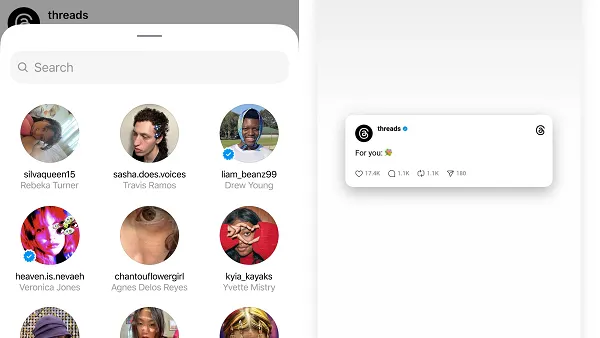Social media companies are hoping that their support for President Trump will pay off in the coming weeks, with the White House looking to finalize the terms of a new trade deal with Europe, with a final hurdle now being the EU’s digital services regulations, and the additional requirements that they place on U.S. tech platforms, including Meta, X and others.
The EU Digital Services Act (DSA) imposes a range of stringent regulations on social media providers, which have resulted in billions in fines for non-compliance, from all the major platforms in one way or another.
The U.S. government has warned EU officials that some of the DSA regulations are not in line with America’s free speech ethos, while many also view these penalties as targeted taxes disguised as regulatory barriers, in order to make U.S. companies pay for EU access.
And now the White House is taking a stronger stand on such in its negotiations, according to a new report from The Financial Times.
According to FT, EU and U.S. officials are currently negotiating "non-tariff barriers" in a trade deal, which include the current EU digital rules.
U.S. negotiators have raised concerns around several elements of the DSA, including its tough requirements around the policing of “illegal” content, including hate speech and child abuse materials.
Earlier in the year, the Trump-appointed chairman of the U.S. Federal Communications Commission (FCC) publicly criticized the European Union’s Digital Services Act (DSA), which he says is “incompatible with America’s free speech tradition,” while Trump himself has also threatened European imports with tariffs, in penalty for tech regulations that harm U.S. companies.
And now we’ll see if the government is willing to take a stronger stand on the same.
Back in July, the U.S. Government announced that EU exports would be hit with a 15% tariff, as opposed to the threatened 30% loading when President Trump initially outlined his tariff plan. That lower threshold, however, is contingent on various agreements around specific elements, with its digital services tax among the key impediments to a deal.
As such, if an agreeable compromise can’t be met, EU-US deals could become a lot more expensive, which EU officials obviously want to avoid, if possible.
So the pressure is now on for them to come up with a more favorable agreement for social media providers, which could be a big step in allowing greater freedoms for Meta and others to operate in the region.
Which is the key win that Zuck and Co. have been hoping for as part of their public pledge of allegiance to Trump. And with billions on the line, for several U.S. tech providers, it makes sense as to why Zuckerberg, Tim Cook and others have all been happy to appear in public agreement with Trump, despite past conflicts.
We’ll soon see if that pays off, with a new U.S.-EU deal to be announced shortly.











